Photo Essay: Through the eyes of Letizia Oetker in Germany
Although quarantine has changed the way students are taking classes this year, few are starting their day at 5:30 p.m. like sophomore Letizia Oetker, who has been living in Germany for the past eight months. Switching between Germany and Los Angeles, Oetker’s schedule differs from her LA peers when it comes to time zones and seeing her friends.
“Usually, after I wake up, I’ll go to the grocery store to get out of the house, because my friends are all still at school,” Oetker said. “Then at 3 [p.m.], my friends get out of school. So around that time, I’ll go to see them. [Here in LA] I have school in the morning. And then in the afternoons, I have time. [But] I don’t see any friends here.”
Germany is nine hours ahead of Los Angeles. Living in two time zones creates obstacles for Oetker’s education, extracurriculars and schoolwork, such as beginning school at 5:30 p.m. and ending at 11:45 p.m.
“I don’t have that much motivation to sit at my computer when all of my friends are out on a Friday night,” she said. “Handing in assignments was always very tricky because sometimes [teachers] want you to complete something before 4 p.m.. But that would be 1 a.m. for me.”
Nick Graham is the sophomore world history teacher and Oetker’s mentor. He describes his class as having a “challenging nature,” but said Oetker has still been able to thrive in the face of geographical obstacles.
“I’d say she is intellectually curious, which is always a positive. She’s focused in class. She’s interested. She participates, and she’s very often stimulated by the material that we discuss,” Graham said. “I have nothing but praise for her. I think she’s a delightful student to teach.”
Fellow Archer sophomore Mia Ronn is friends with Oetker and said she is someone that doesn’t let things throw her.
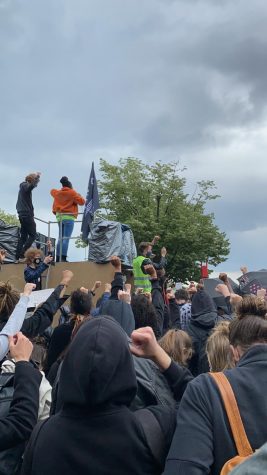
“She’s very worry-free,” Ronn said. “From my end, it doesn’t seem like she’s had too much trouble keeping up with Zoom and things because she’s very relaxed, collected and good at staying on track.”
Ronn said Oetker is “one of the most vibrant, interesting people” she knows. They have been friends for about a year and “really clicked.”
“She’s kind of our life of the party — it’s been hard to not have her around because she sort of livens up everything,” Ronn said. “I’ve only been able to see her once in the past eight months, which is tough, but it just makes seeing her again even more fun.”
When asked what her favorite thing about Germany was, Oetker said it was the “social groups”.
“Hanging out [in Germany] is a lot less coordinated and planned since we have bikes, and a lot of people already have their own apartments,” Oetker said, “so you don’t have to rely on anyone to make your plans.”
One significant difference between the two countries, Oetker said, is how they have reacted to COVID-19. She described people in the United States as “very divided,” but she doesn’t see that division in Germany.
Oetker describes COVID-19 in LA as divided because people have different opinions about it, which she noted is a difference in Germany. On Nov. 15, the United States had about 33,394.2 confirmed COVID-19 cases per million people while Germany had 9,583.53.
“When I got [to Germany] in March, it was really bad. We were really, close to having complete shut off of outside access, so you wouldn’t even be able to go onto the street for a walk or something like that,” Oetker said. “But now it’s not mandatory to wear masks and social distance.”
Oetker says that in Germany “every day is busy,” which is her favorite thing about it.
“I saw two sides of myself,” Oetker said. “I realized a lot of self-discovery through these months.”



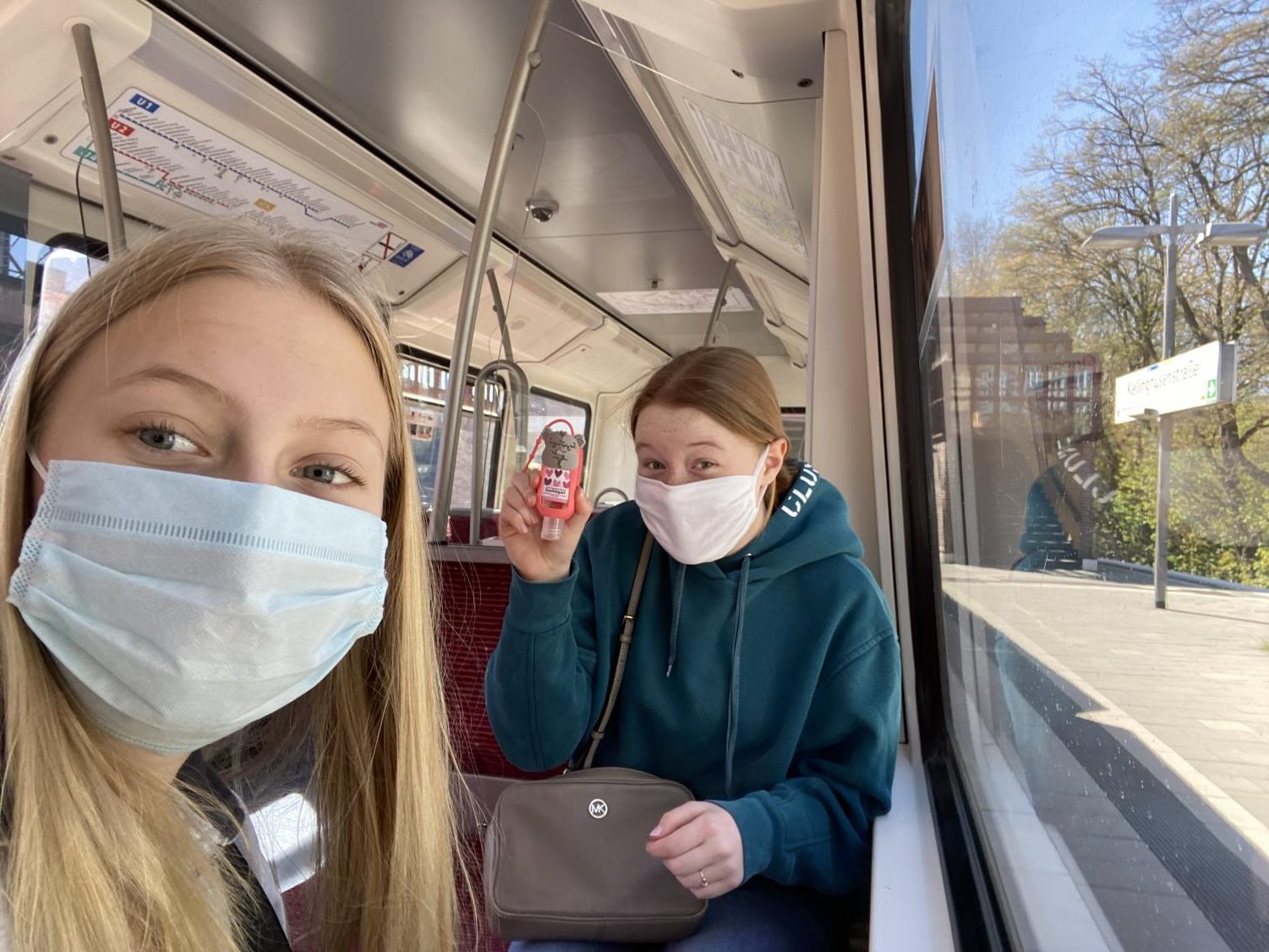
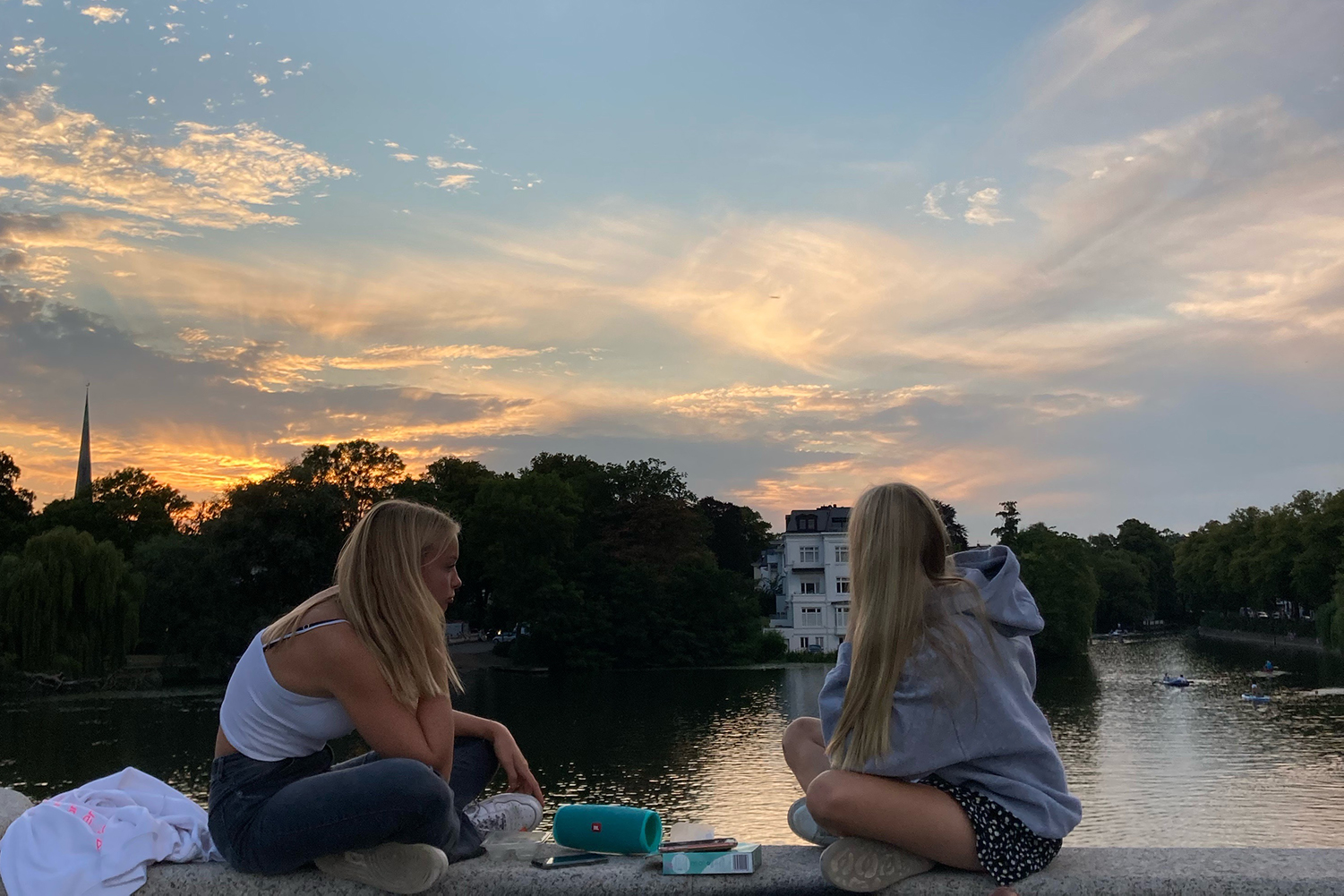
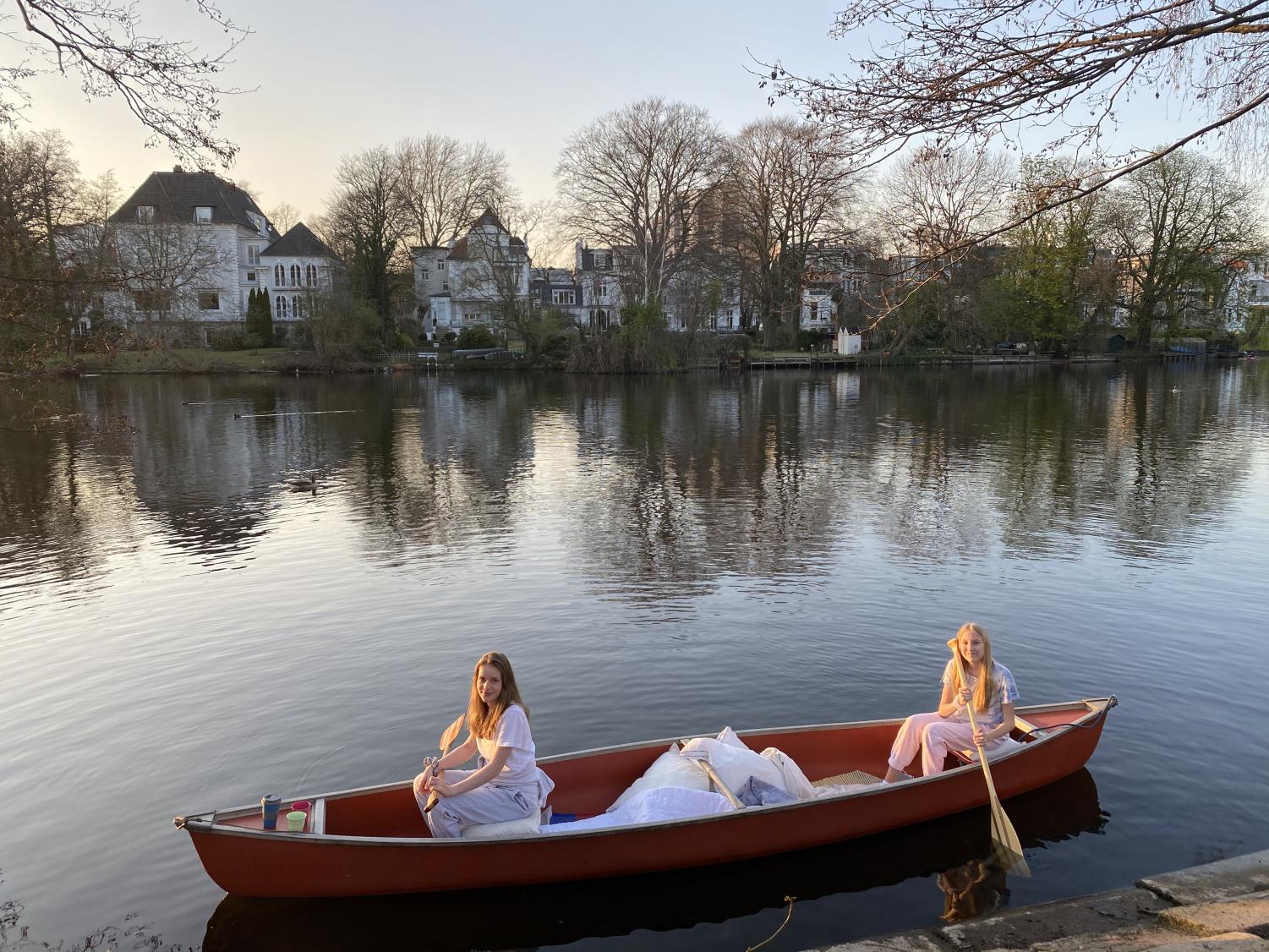
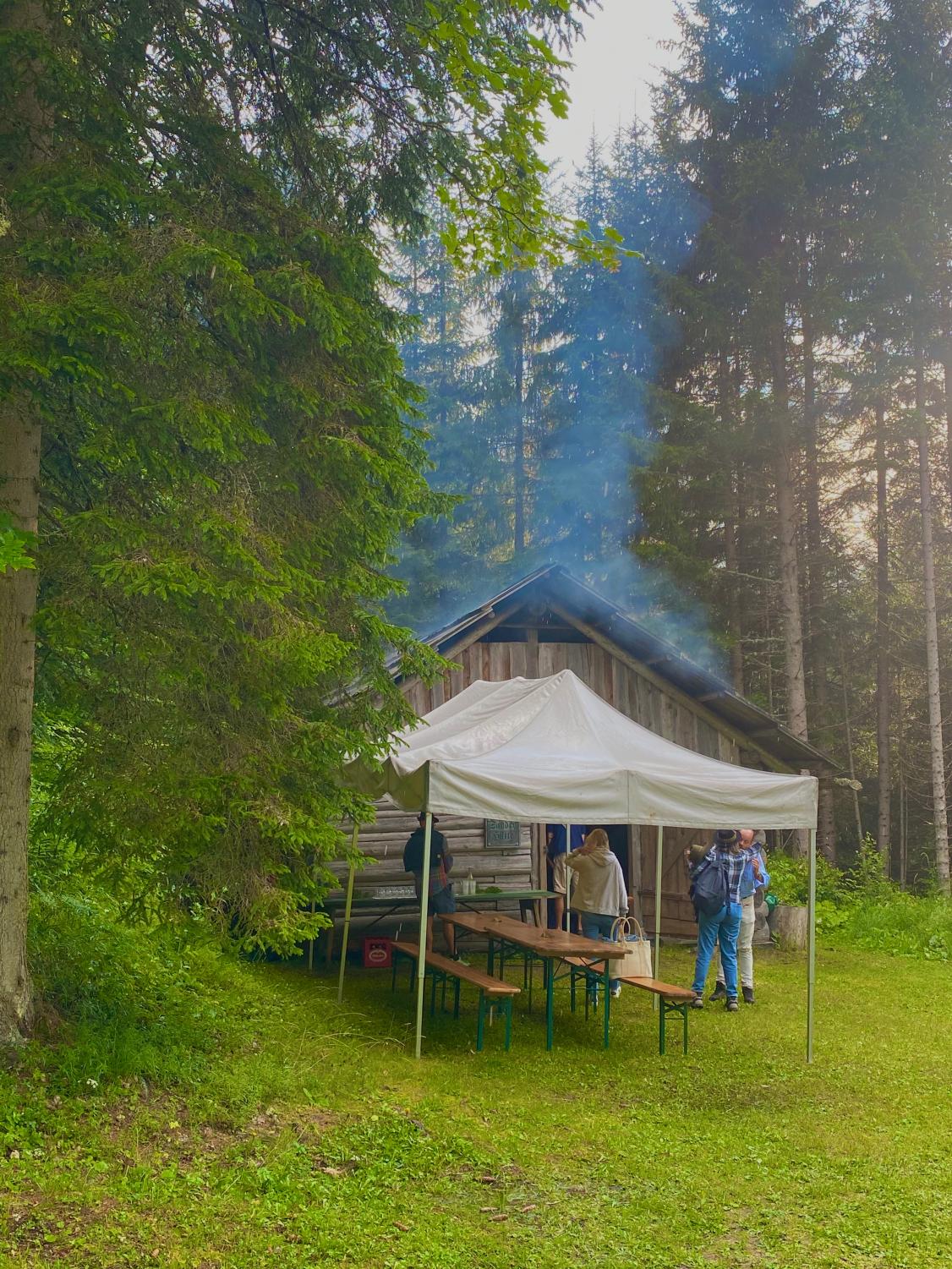
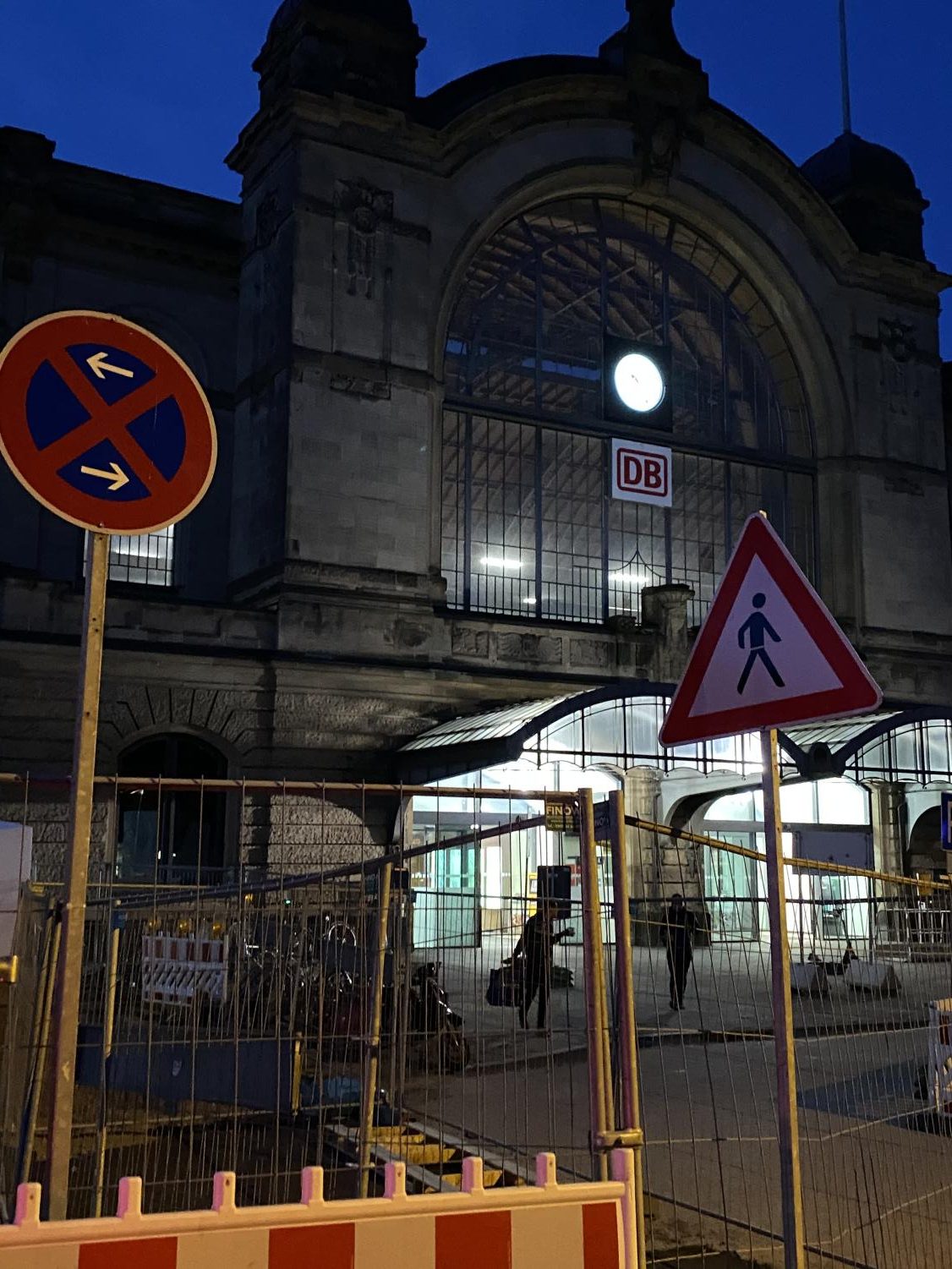
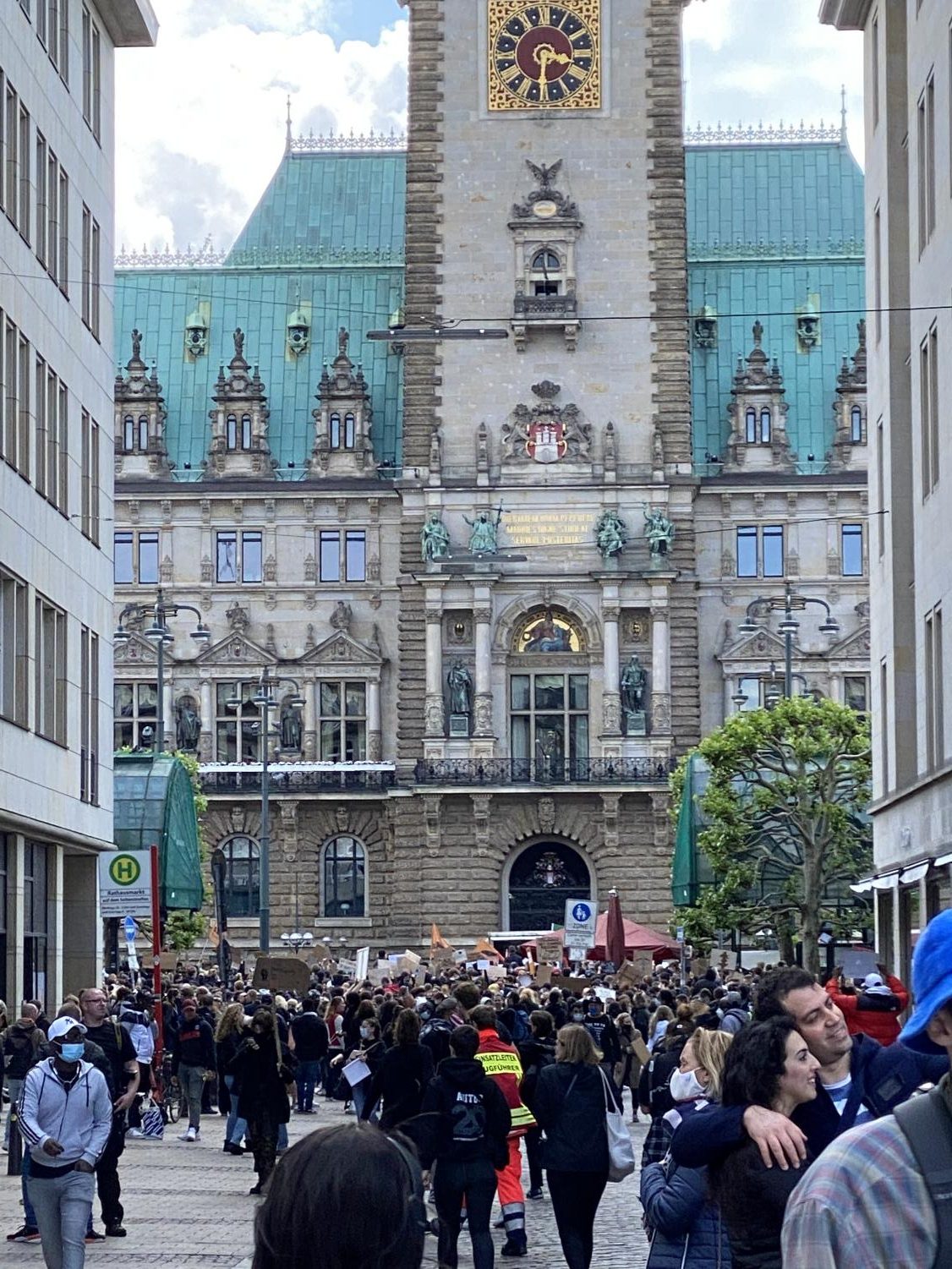
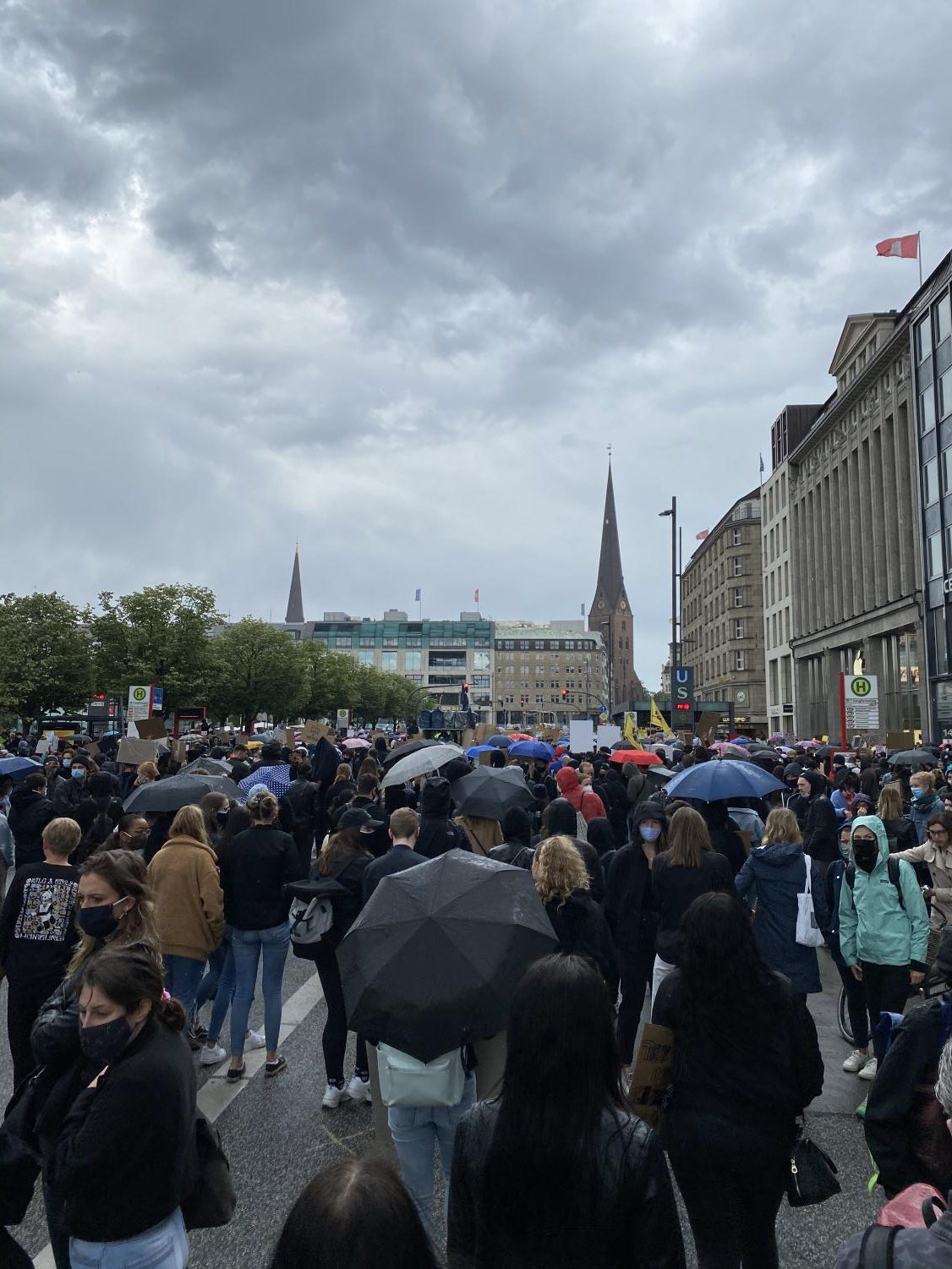
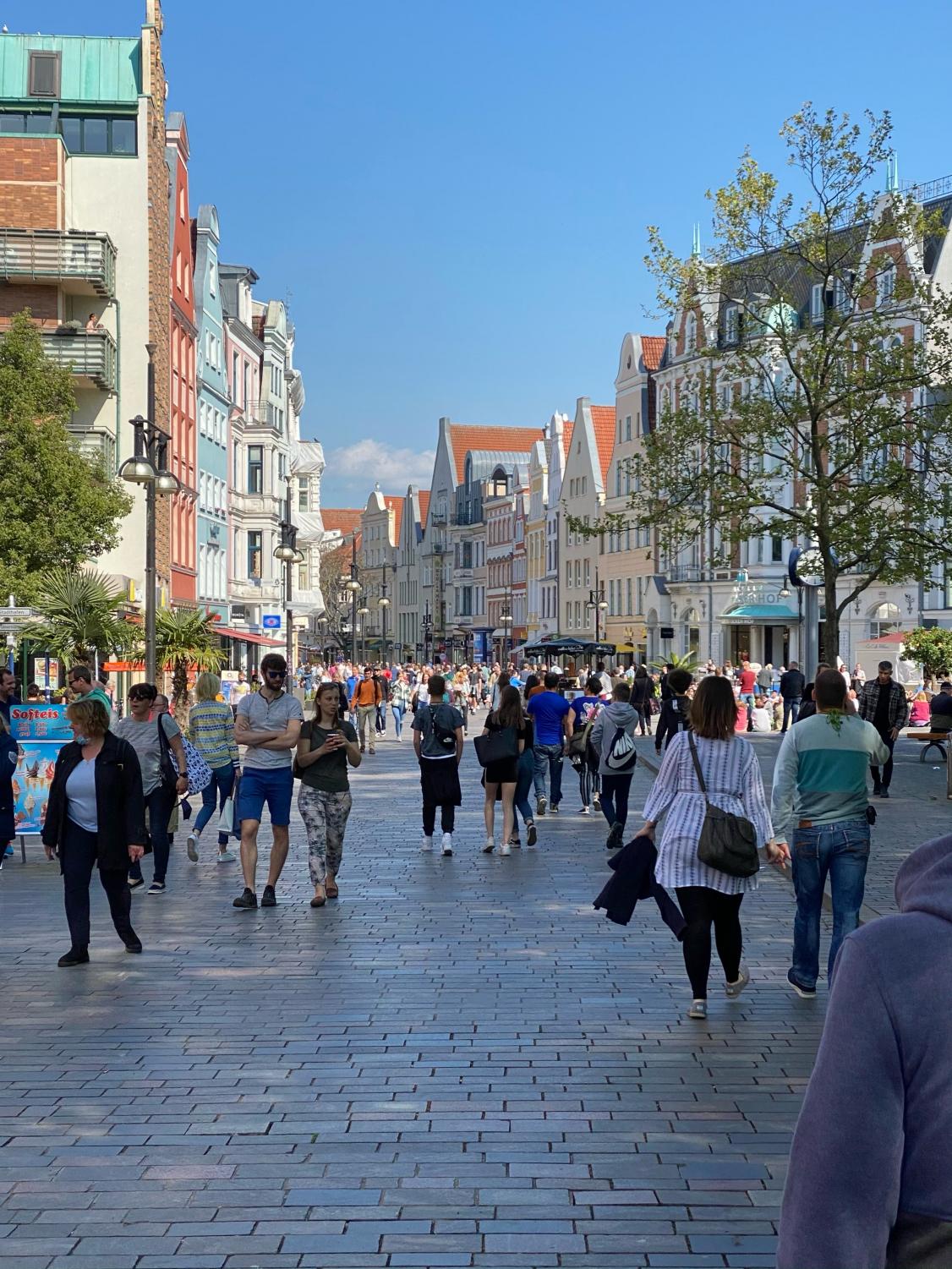
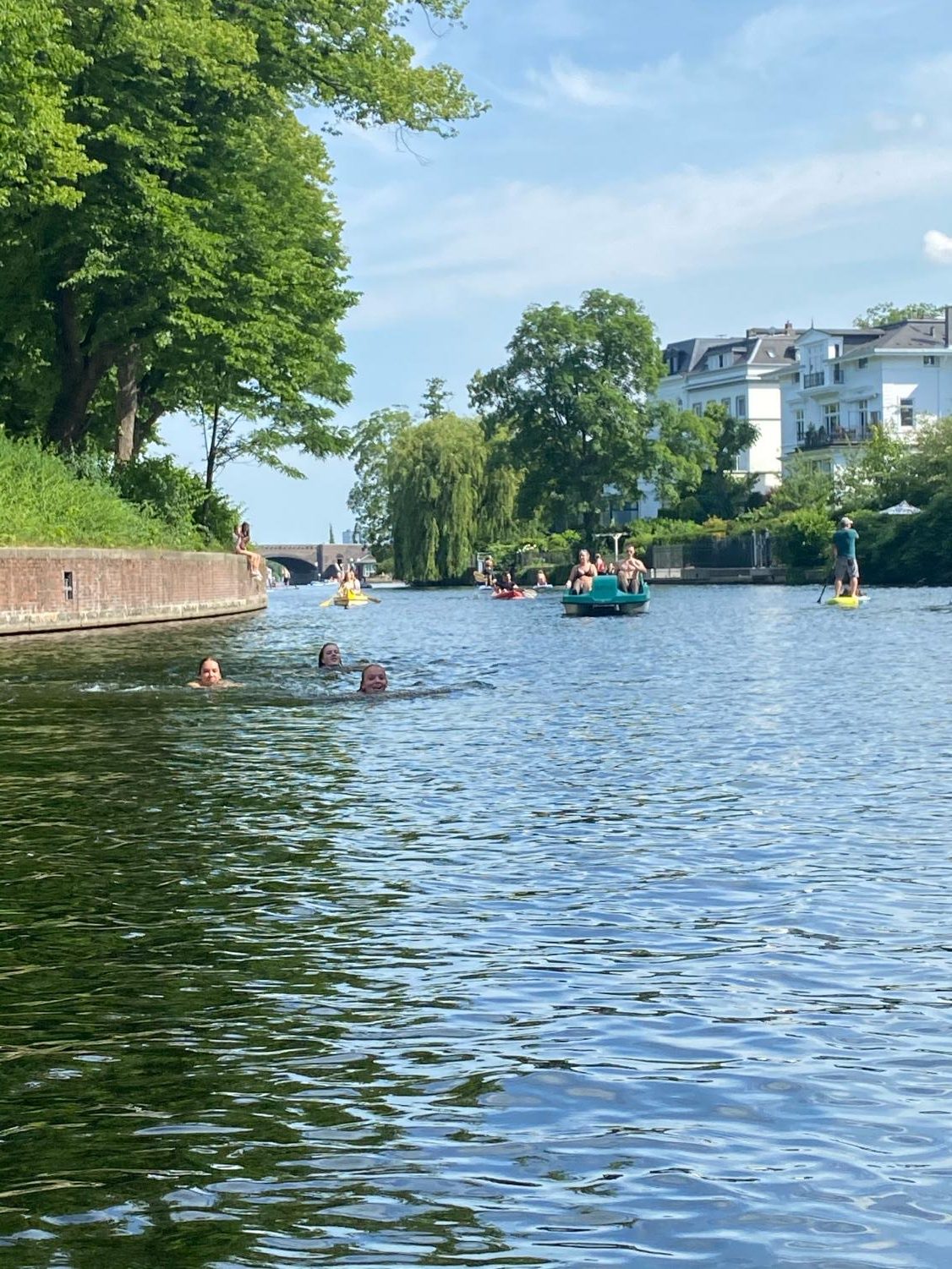
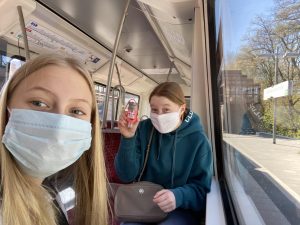
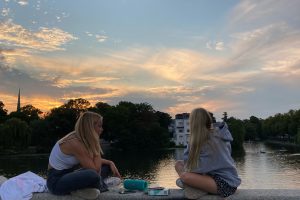
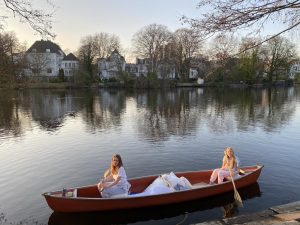
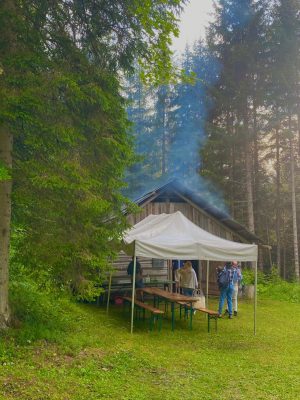
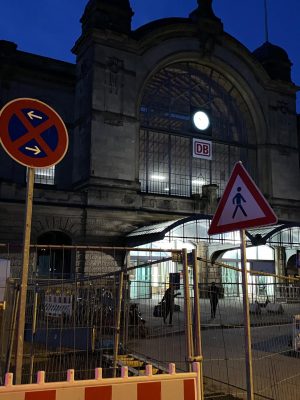
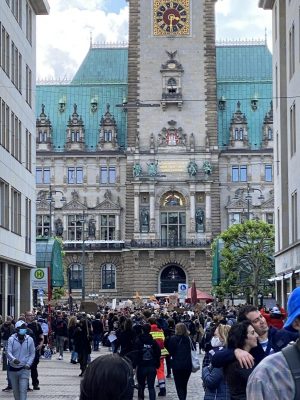
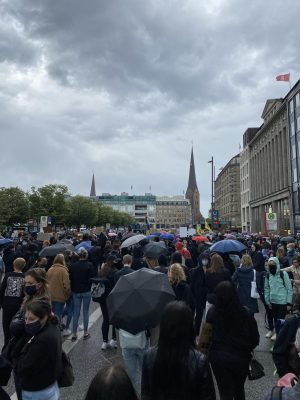
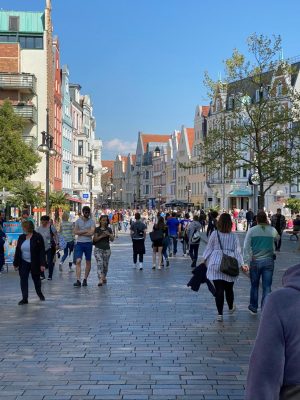
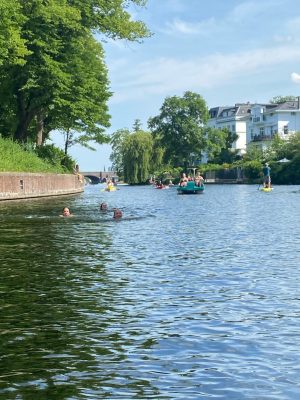
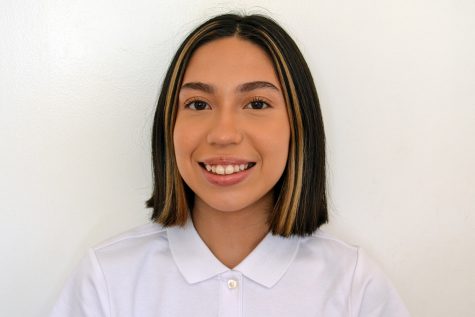
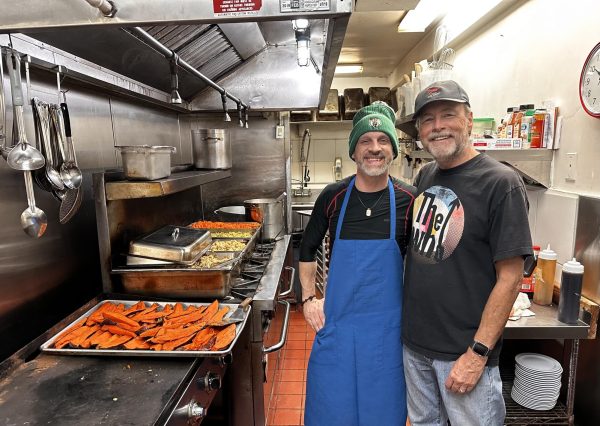
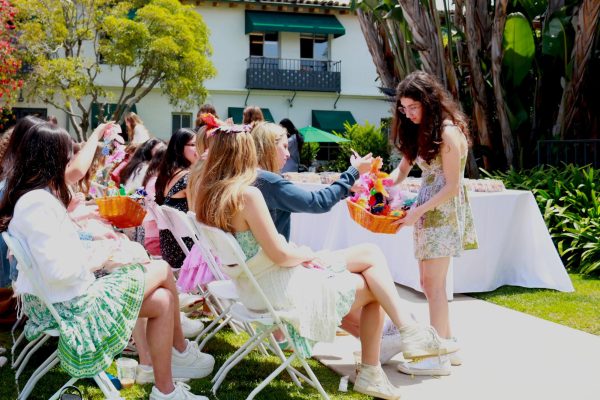
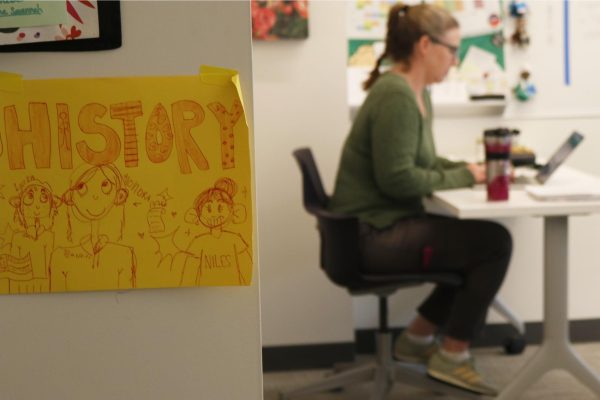
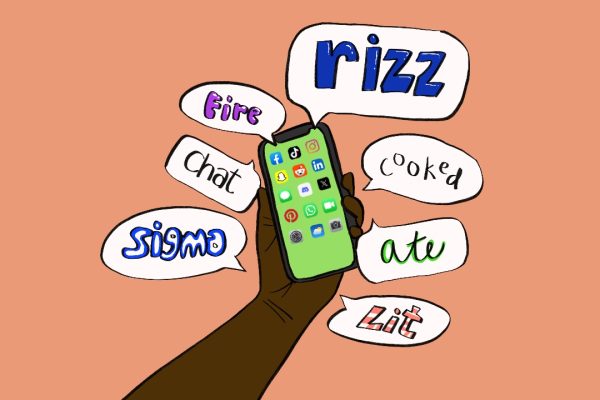
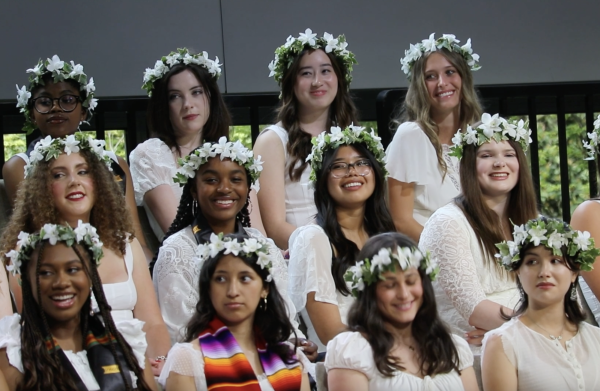

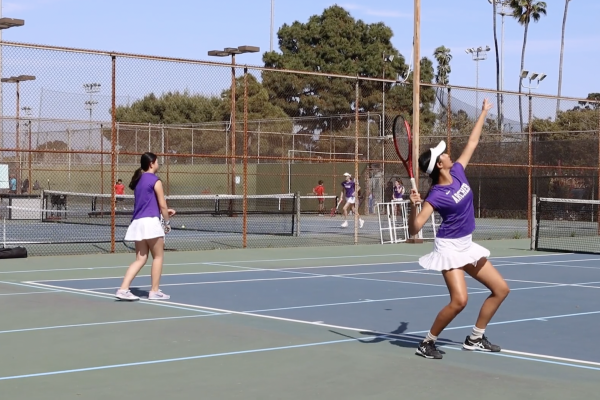
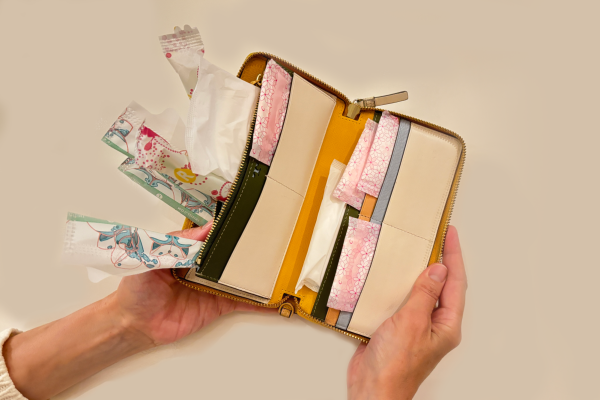

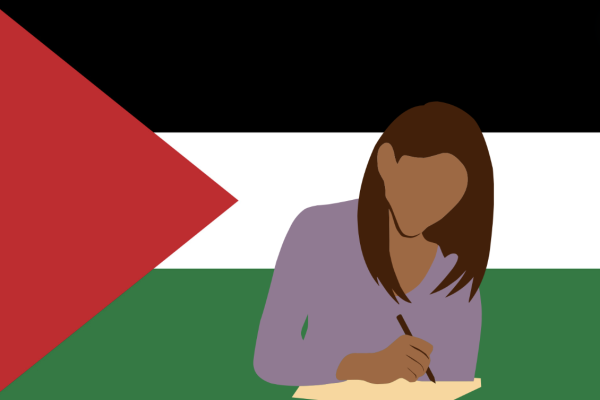
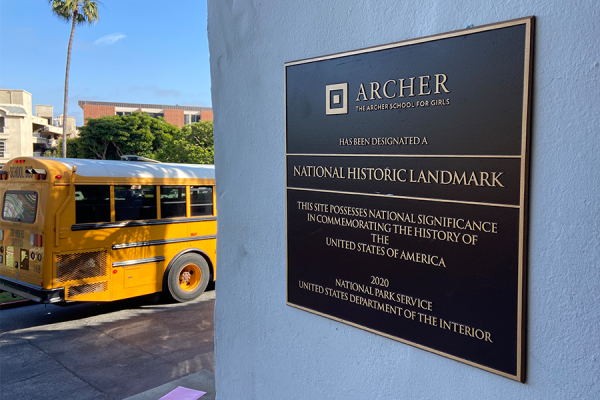
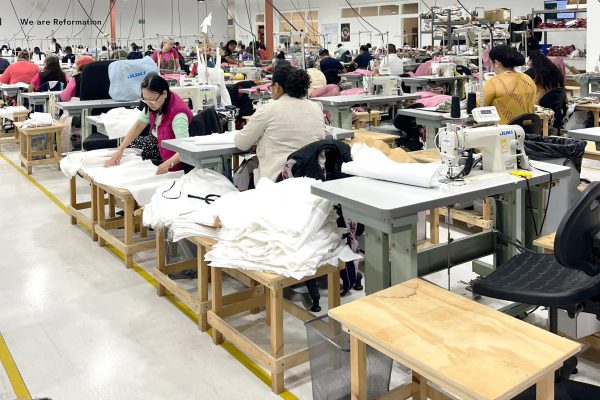
Jennifer Dohr • Jan 1, 2021 at 6:44 pm
Thank you, Andrea, for such a thoughtful peek into Letti’s dual world. I always appreciate the opportunity to learn more about my students’ interesting lives!
Natalie Kang • Dec 18, 2020 at 4:53 pm
What a beautiful photo essay with rich, thoughtful commentary. Thank you satisfying a bit of our wanderlust in 2020.